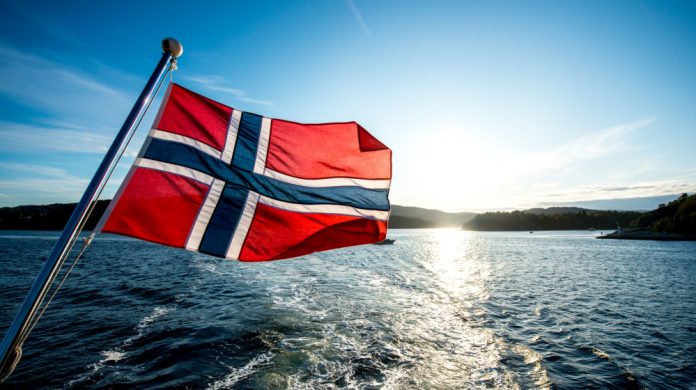The European Gaming and Betting Association has encouraged Norway to introduce a licensing model for online gambling and move away from its monopoly system.
Unlike many of its surrounding countries, Norway’s gambling operates under a monopoly system with only two operators allowed to offer gambling services – Norsk Tipping and Norsk Rikstoto.
The Norwegian gambling authority, Lotteritilsynet, also has plans to launch a high-concentration DNS blocking campaign in 2024 to stop unlicensed online gambling firms from offering their product in the country.
Yet, a recent statement by Maarten Haijer, Secretary General of the EGBA, has encouraged the Nordic country to switch from a monopoly system to a licensing model for online gambling to match its European neighbours.
Haijer argued that Norway needs to make the licensing switch to meet the “clear demand for alternatives” by players in the country.
He said: “The belief that a monopoly model is essential for safer gambling does not align with the current European trend. Nearly every other European country has implemented some form of licensing system, successfully prioritising player safety within a regulatory framework that provides clear rules for companies to follow.
“In Norway, there is a clear demand for alternatives to the current gambling monopoly, as evidenced by the determination of players to actively seek out and access international websites which offer them greater choice. It is crucial for the government to recognise and respond to this demand.”
The Secretary General added that a licensing system would not only meet this demand by players but also bring in more tax revenue and enhance player protection, providing “a more comprehensive approach to gambling regulation that prioritises player safety”.
“Introducing a licensing system would address the demand for alternative gambling options, increase tax revenue, and enhance safer gambling measures by regulating more operators within the country,” stated Haijer.
“Neighbouring countries like Sweden and Finland have already recognised the benefits of transitioning from a monopoly system to a licensing model, leaving Norway as the only country in mainland Europe committed to an exclusive gambling monopoly.
“It is essential for the authorities to evaluate whether this approach remains relevant in the modern digital age and in comparison to the practices adopted by other European countries.”
Haijer concluded: “We strongly urge the Norwegian authorities to consider the advantages of a licensing model, which can effectively meet the evolving needs of its players and foster a more comprehensive approach to gambling regulation that prioritises player safety.”
Earlier this month, Lotteritilsynet announced that several operators are pulling their gambling services out of the Nordic country following an audit of their operations.












